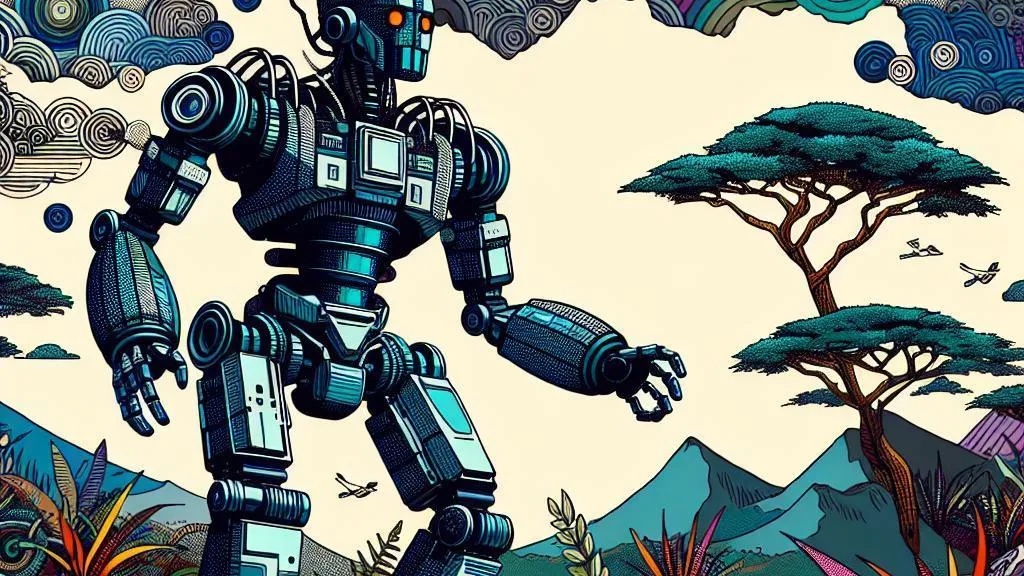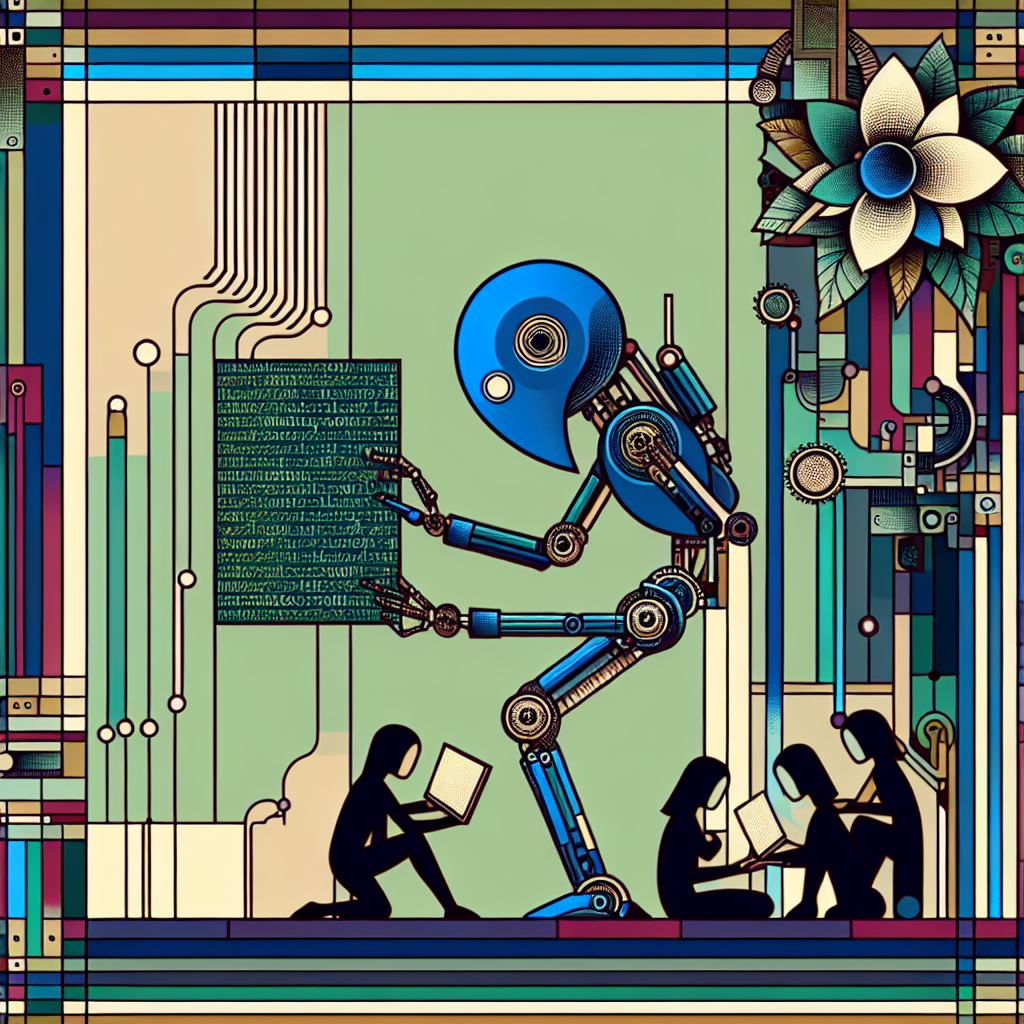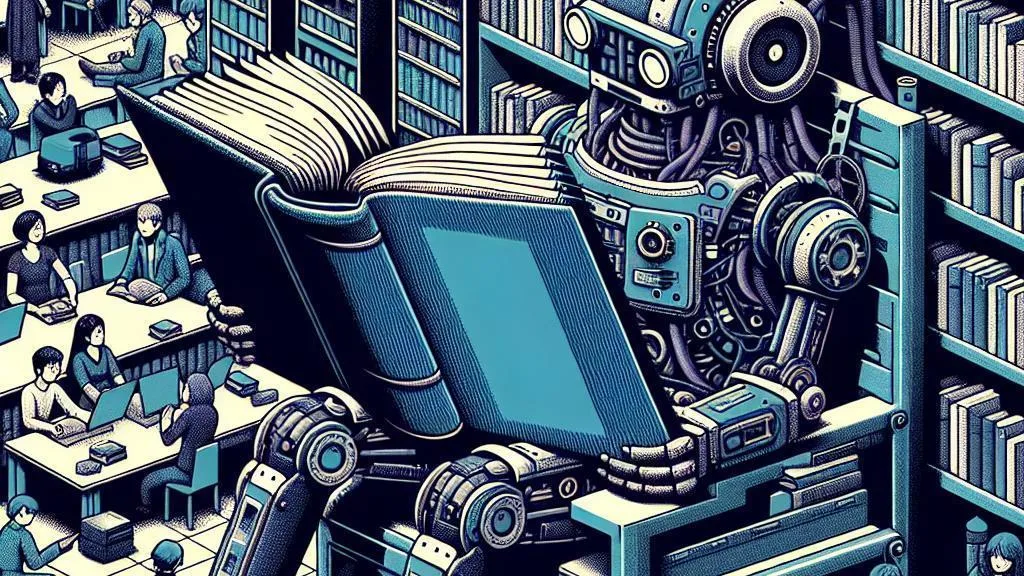Case study: BetterCast - A Journey from Vision to Reality
BetterCast began as a passion project, born out of necessity, when COVID-19 brought travel and …

Emerging economies, often seen through the lens of their limitations—infrastructural, linguistic, or otherwise—find themselves on the brink of a technological awakening, thanks in no small part to the burgeoning field of artificial intelligence (AI). My journey into understanding AI’s potential and challenges in these economies was sparked, intriguingly, by a conversation on TikTok that unravelled the complex tapestry of integrating AI in landscapes where obstacles abound, yet hope persists. Reflecting on AI’s role in these settings reveals a story not frequently told, marked by innovation and the need for caution.
At its core, the narrative we’re exploring delves into the paradox of AI’s global march—how it promises to connect and empower yet risks leaving behind those not primed to catch up due to language barriers, technical know-how, or systemic financial limitations. Why do emerging economies face such steep obstacles in harnessing AI, and what can be done to bridge these gaps? As it turns out, the answer is multi-faceted, threading through initiatives like open-source movements and language inclusivity projects to the dilemma of international remittance stifled by layers of systemic discrimination.

The spark for my deep dive into artificial intelligence (AI) in underdeveloped countries was ignited by an insightful exchange over TikTok. It sheds light on these nations’ intense hurdles in integrating AI technologies—challenges compounded by language and infrastructural limitations. This conversation opened my eyes to the nuance missing in much of the tech discourse, pushing me to explore the less-talked-about narrative of AI access and utility in these regions.
The Variegated Landscape of AI in Underdeveloped Countries
Emerging economies exhibit a landscape of AI that is anything but barren. Carved out by the emergence of open-source options and Large Language Models (LLMs), there’s a glimmer of hope. Communities, driven by the open source philosophy, strive to bridge the stark AI accessibility divide. An initiative in Thailand, for example, to develop a language-specific model epitomizes a broader shift toward inclusivity.
- Hugging Face: A platform sowing the seeds of this transformative journey through offerings of language models aligned with local linguistic nuances.
- Community-Driven Developments: Efforts to build language-specific language models, although in nascent stages, promise a step towards broader access.
“In a landscape often described as desolate, these initiatives represent the verdant patches of innovation and perseverance,” a sentiment I echo toward platforms like Hugging Face.
The TikTok discourse highlighted the significant language barrier in the global AI scenario. The dominance of English in major AI models poses a considerable obstacle. However, projects like Meta’s No Language Left Behind offer a beacon of hope, aiming at crafting translation tools for linguistically marginalized communities.
- Meta’s No Language Left Behind: An endeavour to create translation tools for underrepresented languages.
- SeamlessM4T: A free, open-source tool that integrates these innovations into local AI applications, demanding, however, a basic level of coding know-how for implementation.
Navigating the Challenges of International Remittance through AI
An intriguing aspect of my research took a sharp turn toward international remittance. Countries like Nigeria present a complex scenario where systemic racism and restrictive international policies exacerbate challenges. The difficulty in establishing legitimate business avenues due to nearly impossible traditional financial transactions paints a grim picture. Yet, the potential for cryptocurrency and AI-driven options for remittance looms as a hopeful alternative.
- Communal Consensus on Currency Value: A radical, feasible alternative to traditional financial channels, buoyed by AI innovations and cryptocurrency viability.
The ethical implications of AI in underdeveloped countries weave a complex tapestry of concerns. The fear of exacerbating pre-existing inequalities and the potential to bridge or widen the digital divide calls for a nuanced approach. The debate around free AI resources, language inclusivity, and financial empowerment through technology presents a dual-edged sword scenario.
- Recognizing the potential to enhance lives while being mindful of not oversimplifying solutions to deeply entrenched problems.
what began as a casual interaction on TikTok unravelled a rich, complex narrative surrounding AI’s role in underdeveloped countries. It became clear that AI holds the power to be a catalyst for transformative change, yet caution must be exercised against providing oversimplified solutions to ingrained issues. As we find ourselves at the edge of a technological renaissance, the collective wisdom and concerted efforts of the global community will steer us towards an inclusive and equitable digital future.
In navigating this journey, the stories, challenges, and triumphs of communities and individuals in emerging economies will enrich our understanding and guide our actions towards fostering a more inclusive global digital landscape.
Some other posts you may like

Case study: BetterCast - A Journey from Vision to Reality
BetterCast began as a passion project, born out of necessity, when COVID-19 brought travel and …
February 29, 2024
Read More
How can AI enhance content personalisation in email marketing?
As business owners or executives, you've likely felt the pressure of email marketing and …
February 29, 2024
Read More